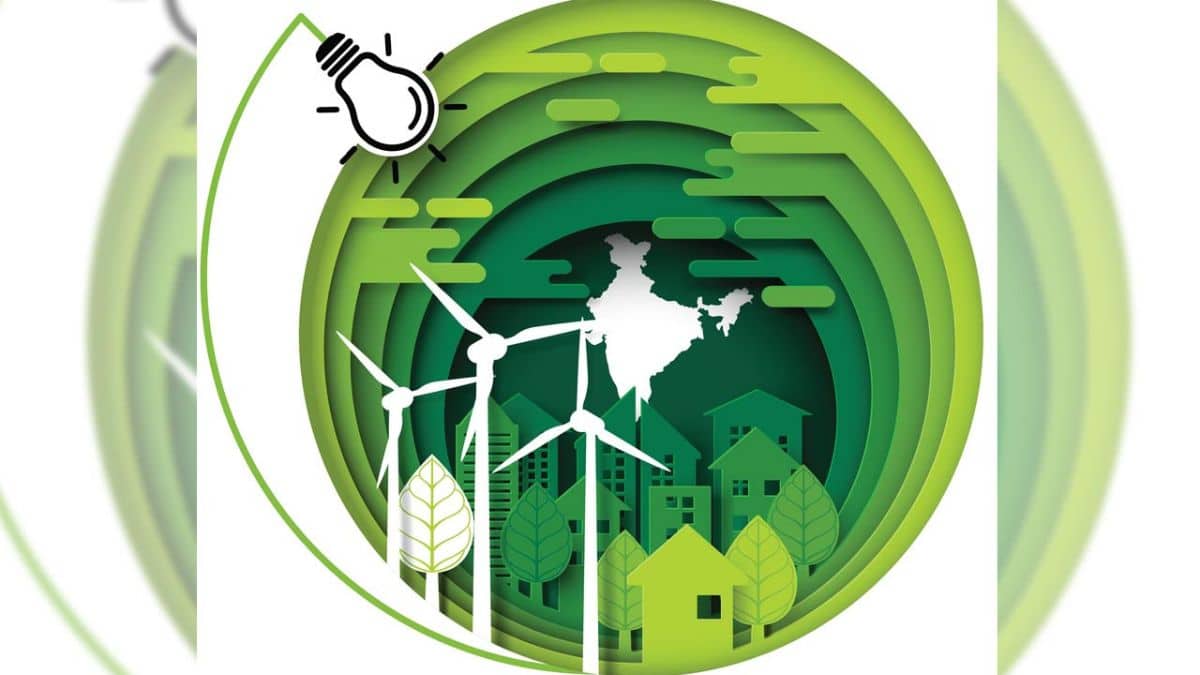India is charting a course towards sustainable development with a resolute commitment to achieving ‘Net Zero’ emissions by 2070. This comprehensive plan encompasses a range of initiatives aimed at transforming the nation’s energy landscape and promoting environmentally friendly alternatives.
Key elements of amrit kaal strategy:
Viability gap funding for wind energy:
Implementing financial support mechanisms to bridge viability gaps in wind energy projects.
Coal gasification and liquefaction capacity:
Establishing infrastructure for coal gasification and liquefaction to explore cleaner energy options.
Phased mandatory blending of CNG, PNG, and compressed biogas:
Introducing a phased approach to mandatory blending of clean energy sources, including Compressed Natural Gas (CNG), Piped Natural Gas (PNG), and compressed biogas.
Financial assistance for biomass aggregation machinery:
Providing financial aid to facilitate the procurement of biomass aggregation machinery, fostering sustainable agricultural practices.
Rooftop solarization for free electricity:
Empowering one crore households with rooftop solar installations to generate up to 300 units of free electricity monthly.
Adoption of e-buses for public transport:
Revolutionizing public transport by incorporating environmentally friendly electric buses into the network.
Strengthening e-vehicle ecosystem:
Supporting the manufacturing and charging infrastructure for electric vehicles to bolster the e-vehicle ecosystem.
Biomanufacturing and Bio-foundry scheme:
Introducing a new scheme focused on biomanufacturing and bio-foundry to encourage the development and adoption of eco-friendly alternatives.
LPG connections under PMUY:
Releasing over 10 crore LPG connections under the Pradhan Mantri Ujjwala Yojana (PMUY), promoting clean cooking fuel.
LED bulbs, tube lights, and energy-efficient fans distribution:
Distributing 36.9 crore LED bulbs, 72.2 lakh LED tube lights, and 23.6 lakh energy-efficient fans under the UJALA initiative.
LED street lights installation:
Successfully installing 1.3 crore LED street lights under the Street Lighting National Programme (SNLP), contributing to energy efficiency in public spaces.
India’s Amrit Kaal strategy reflects a comprehensive approach to sustainable development, with a focus on green energy, clean transportation, and eco-friendly practices. These initiatives are poised to make a significant impact on India’s journey towards achieving its ‘Net Zero’ emissions goal by 2070.


